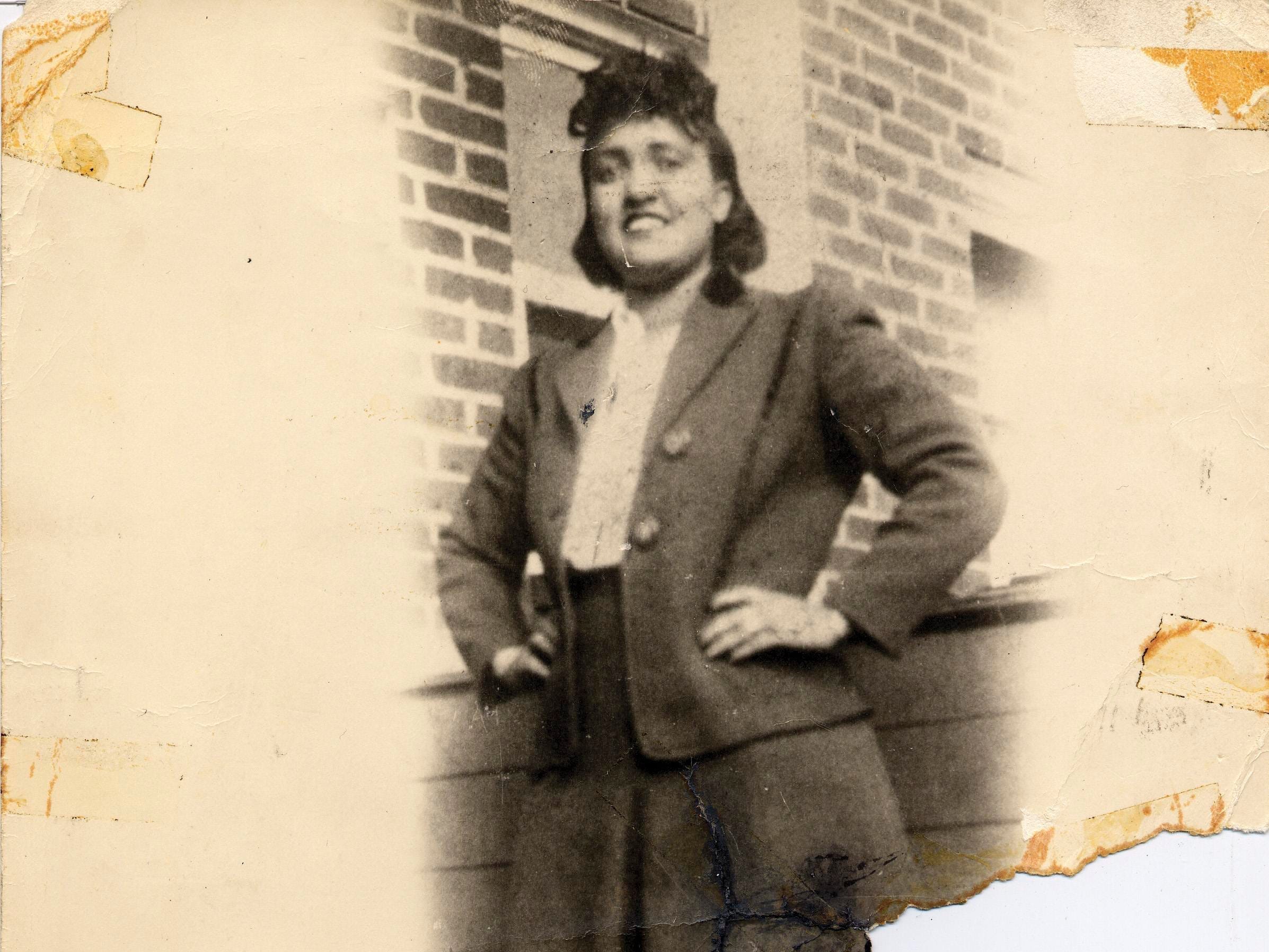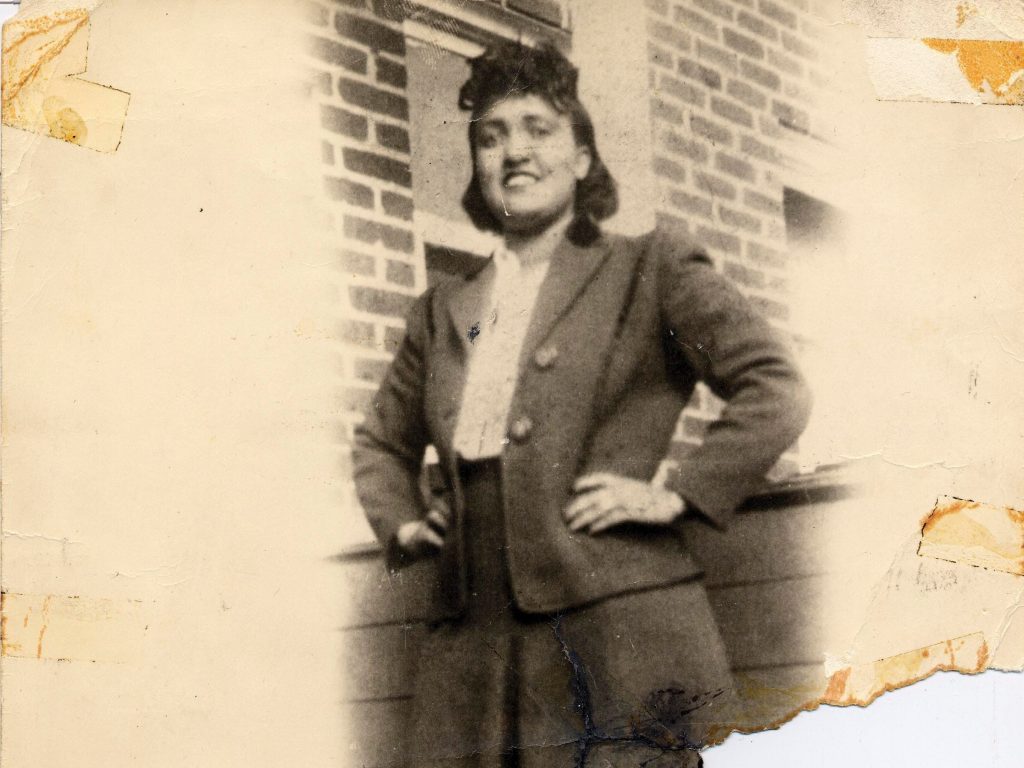
Reuters
- Henrietta Lacks' story is one of many Black women who were experimented on by medical institutions.
- During that time period, it was common practice to not ask for consent from patients.
- Some medical institutions have begun the process of redress, and others should follow, a doctor says.
The spark to ignite victims' of non-consenting medical experimentation to finally get redress might have arrived.
Last week, Henrietta Lacks' estate sued Massachusetts-based pharmaceutical company Thermo Fisher Scientific, accusing it of knowingly mass-producing and selling Lacks' cells to doctors at Johns Hopkins Hospital in 1951 without her consent.
Lacks' cells, nicknamed "HeLa" after the first letters of her first and last name, advanced medical treatments such as the polio vaccine, gene mapping, and in vitro fertilization.
Dr. Oni Blackstock, founder and executive director of Health Justice, said Lacks' story has had such a deep impact on the medical community.
And while Lacks' story might be unique in its details, it is not uncommon in the fundamental way Black women's bodies were used as guinea pigs throughout the history of US medicine, Blackstock told Insider.
James Marion Sims, the father of modern gynecology, regularly experimented on Black female slaves without anesthesia, refining operation techniques that affluent white women were later able to benefit from.
Johns Hopkins doctors preyed on Black women with cervical cancer in the 1950s, the Lacks lawsuit alleges
It's well documented that the US medical industry has run numerous experiments on Black people without their consent.
Lacks' lawsuit highlights that white doctors at Johns Hopkins preyed on poor Black women in the 1950s with cervical cancer, cutting tissue samples from their cervixes without their knowledge or consent.
During that time period, it was regular practice to not ask patients for consent to take biological tissue, Blackstock said.
"Even though our bodies have been used to 'advance science' and have been used to make these really amazing discoveries, like vaccines and cancer treatments and things of that nature, we have not been the ones to benefit from the use of our bodies," Blackstock said.
Doctors collected the initial batch of Lacks' cells from tissue on a cancerous tumor without her consent during a biopsy in 1951.
Lacks died later that year, but before her death, doctors learned the cells were reproducing and living outside of her body through cloning, later turning them into a miracle cell line that has been used across medical institutions around the world.
"Black people have the right to control their bodies," Ben Crump, who is representing the Lacks' family, said in a statement. "And yet Thermo Fisher Scientific treats Henrietta Lacks' living cells as chattel to be bought and sold."
Thermo Fisher Scientific did not respond to Insider's request for comment about the lawsuit filed against them.
The future of more medical experimentation lawsuits and reparations
The Lacks family is demanding in the lawsuit filed in Baltimore that Thermo Fisher Scientific "disgorge the full amount of its net profits obtained by commercializing the HeLa cell line to the Estate of Henrietta Lacks'".
They are asking the court to permanently ban Thermo Fisher Scientific from using the HeLa cell line without the estate's permission.
In 2018, the Lacks estate was unsuccessful in gaining guardianship over her cells.
But the tide could be turning for institutions to atone for their past misdeeds.
Last month, the Virginia Commonwealth University School of Medicine acknowledged, apologized, and is going through a redress process for medical experimentation's on Black patients from over a century ago after their remains were found during building construction in 1994.
Blackstock said she wasn't sure if other schools will apologize for this practice or if we'll see more lawsuits like the Lacks one.
"But I would definitely want to encourage more institutions to reflect on the history," she said. "I think most institutions in this country, because these were common practices likely had some practices that were similar to what happened to Henrietta Lacks."
